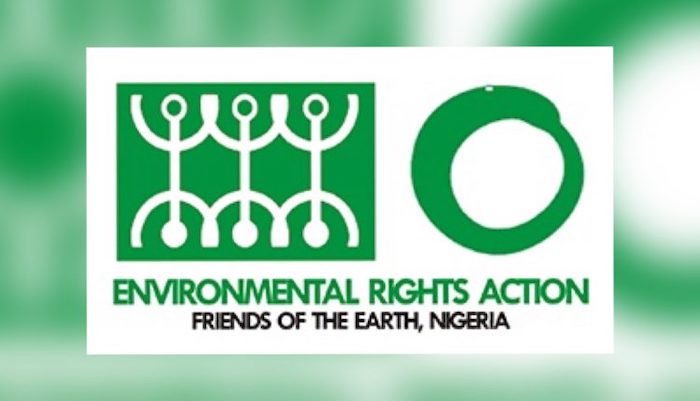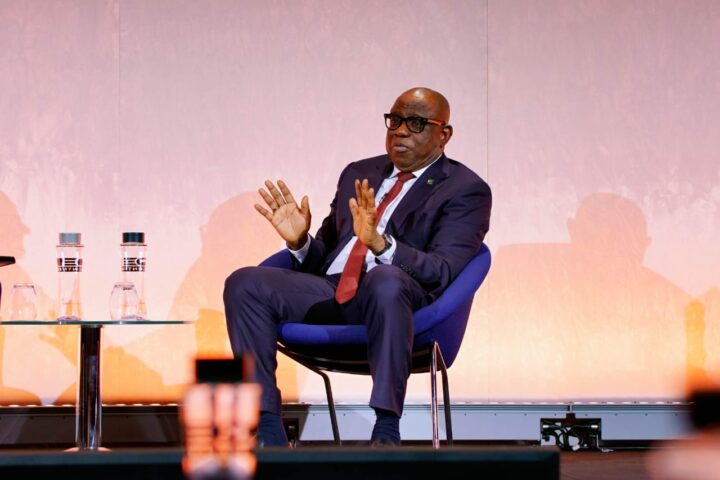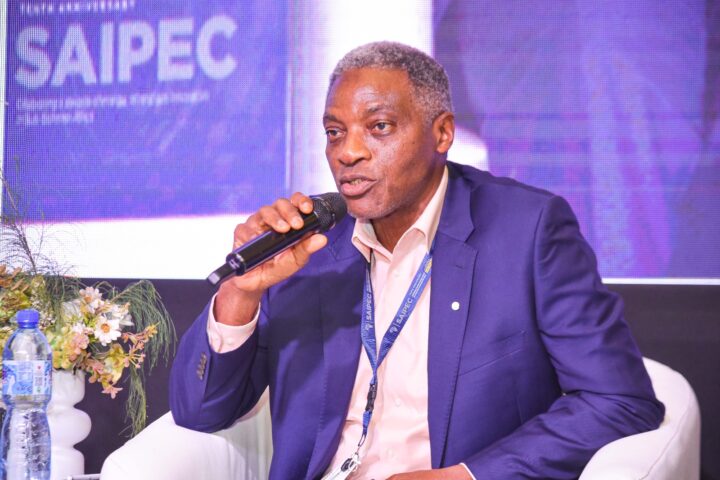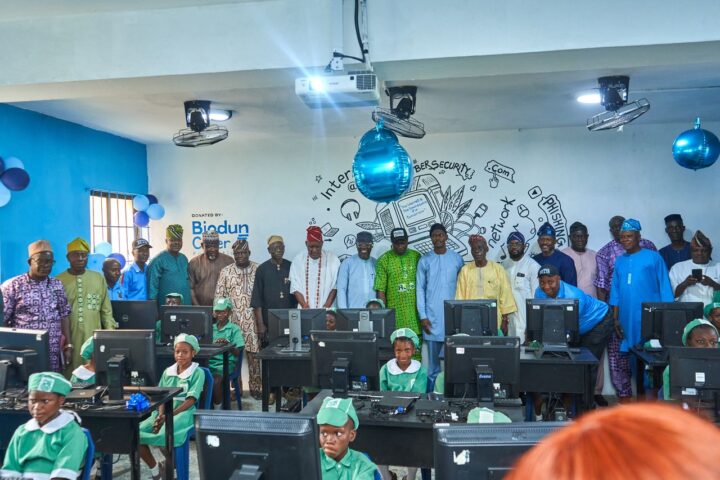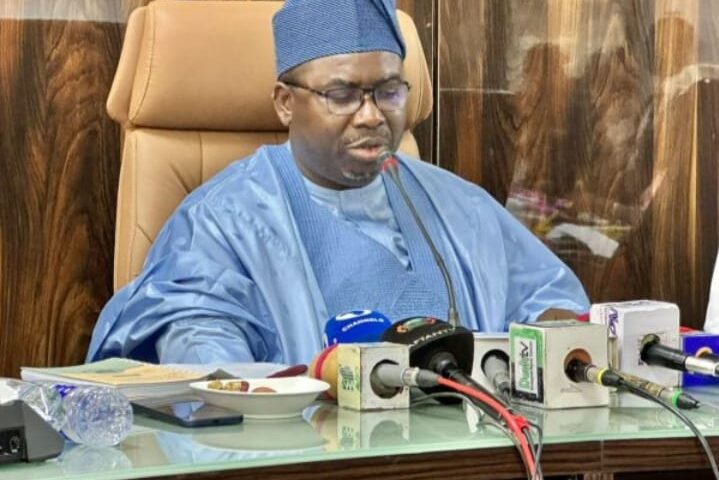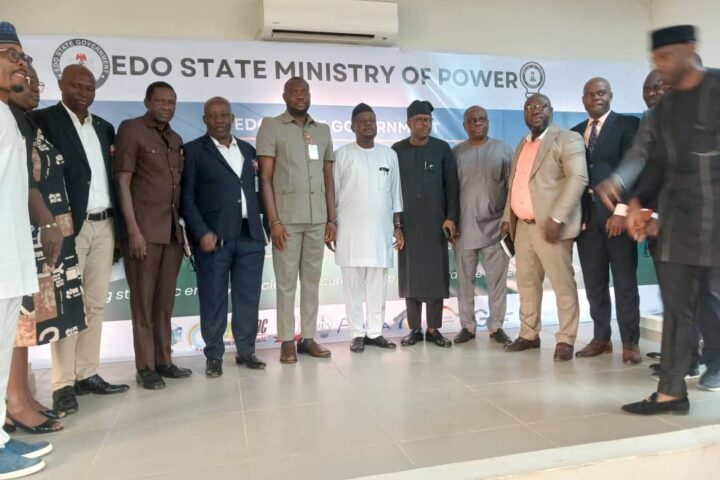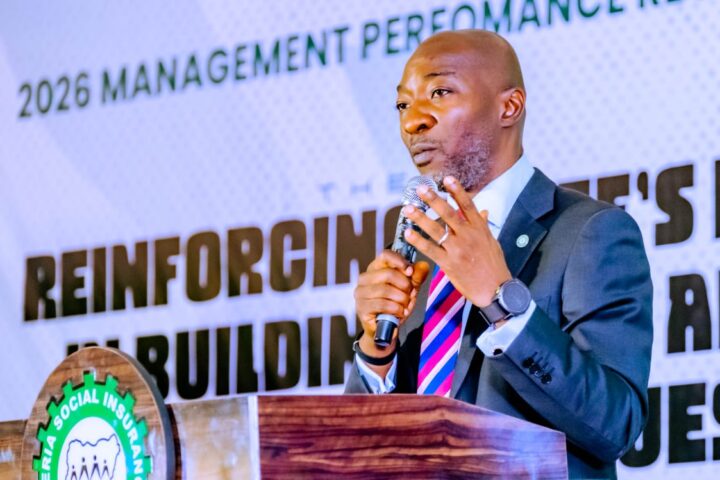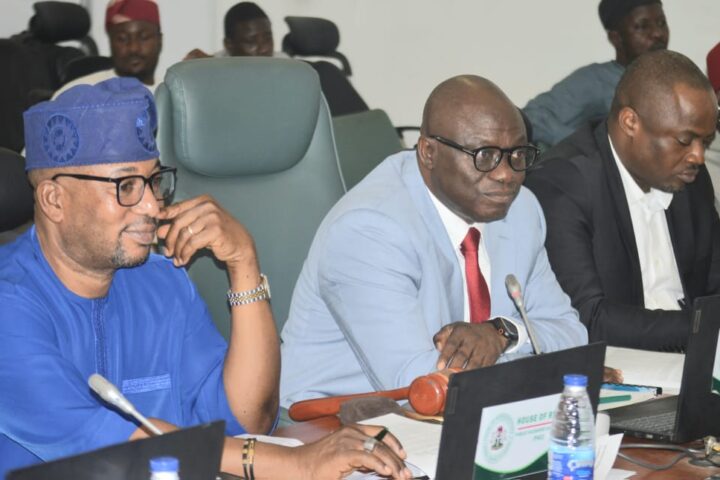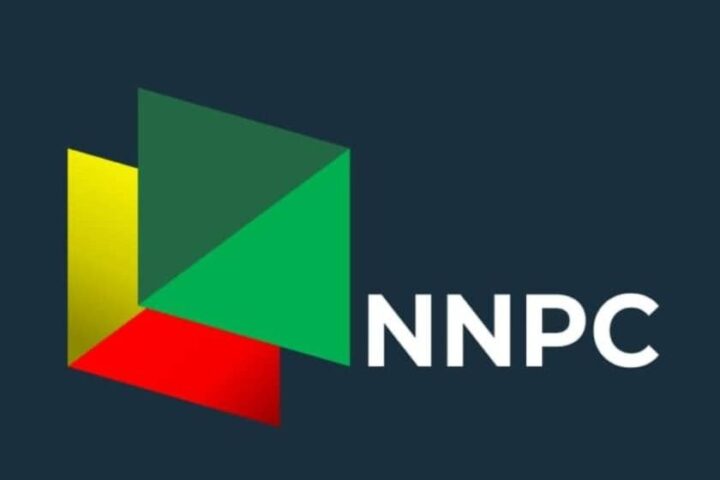Stakeholders in the Niger Delta have accused the Federal Government of Nigeria and its oil and gas industry regulatory agencies of complicit silence as the international oil companies (IOCs) dictate the terms of ongoing divestments from onshore to offshore operations.
They expressed their minds in a communique issued at the end of a ‘Community Dialogue on Motives Behind IOCs Divestment in The Niger Delta’ which was organised by the Environmental Rights Action/Friends of the Earth Nigeria (ERA/FoEN) in Yenagoa, Bayelsa State.
A Professor of Sociology at the University of Port Harcourt, Sofiri Joab-Peterside,and the Vice-Chancellor of the Federal University, Otuoke, Professor Teddy Adias,spoke on “Redefining Divestment: The Nigerian Experience” and “Ramifications of Community Exclusion in the Divestment Debate: The Oloibiri Experience”, respectively.
They lamented that the divestment processes had posed grave threats to ongoing court cases instituted by local communities against the divesting oil firms, amidst claims of unsafe operating environment.
According to the communiqué,”The global environmental justice community campaign for divestment of public finance, loans and subsidies from extractive industries has been replaced, abused, and misrepresented by all divesting IOCs in the Niger Delta and the Nigerian Government to the detriment of local communities.
“There is a complicit silence by the Nigerian state and the regulatory agencies as IOCs dictate the terms of divestments.The oil and gas industry in Nigeria has only brought untold hardship on local communities through oil spills, gas flaring and other pollutions that have ruined lives, land, and livelihoods of indigenous people.”
The participants complained that multinationals had excluded host communities in the region in decision-making on the divestment processes and other matters relevant to their environment and livelihoods.
They said that the divestment processes had also largely weakened local struggles for environmental justice and divided communities, noting that domestic oil companies have inherited and continued the tradition of impunity and lack of accountability to the people.
They added:”Though all community people of all classes have suffered exclusion in the divestment processes, women and children suffer profoundly because the ongoing processes further aggravate their non-inclusion at all levels of engagement”
They advocated the need for a better understanding and deepened community engagement on the global environment justice community definition of divestments concerning the model of the IOCs in the Niger Delta.
There was need to hold the oil and gas companies in Nigeria liable for nearly six decades of ecocide in the region as a precursor to remedial actions and compensation,they added.


